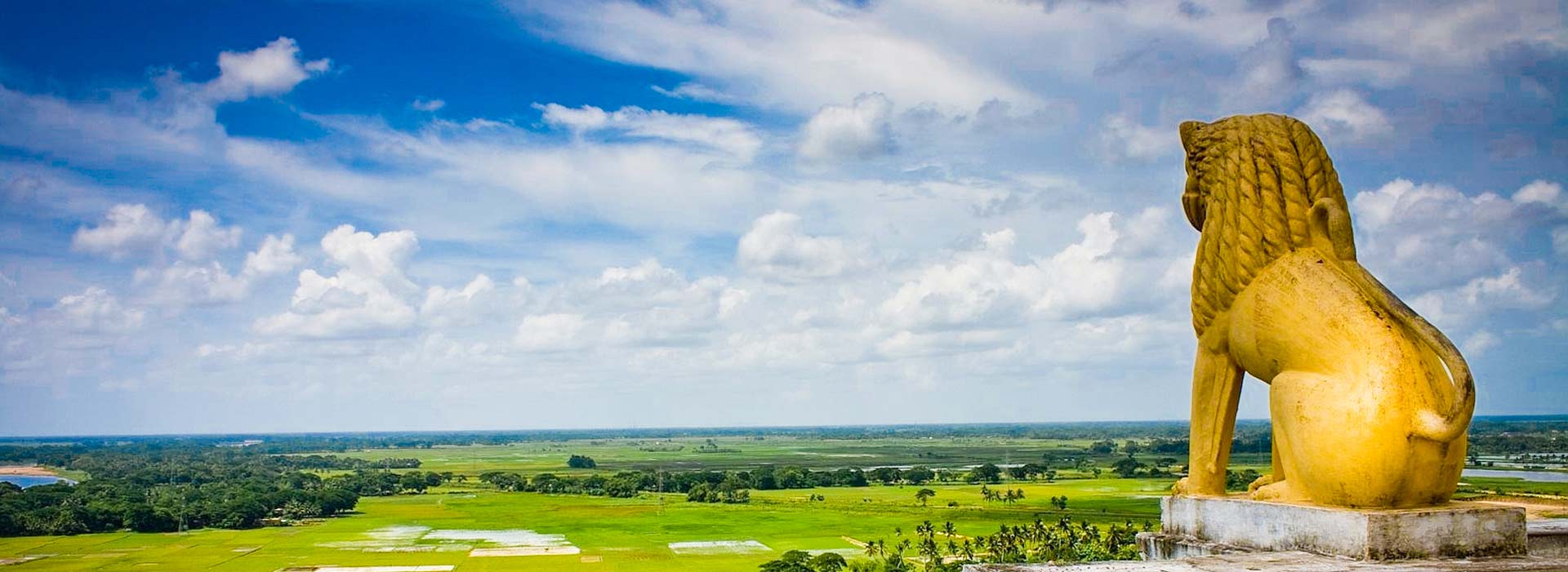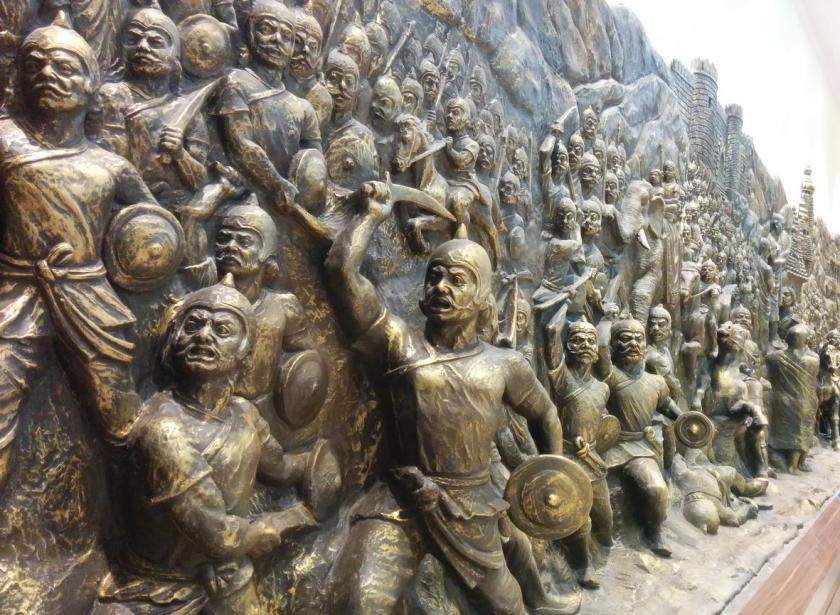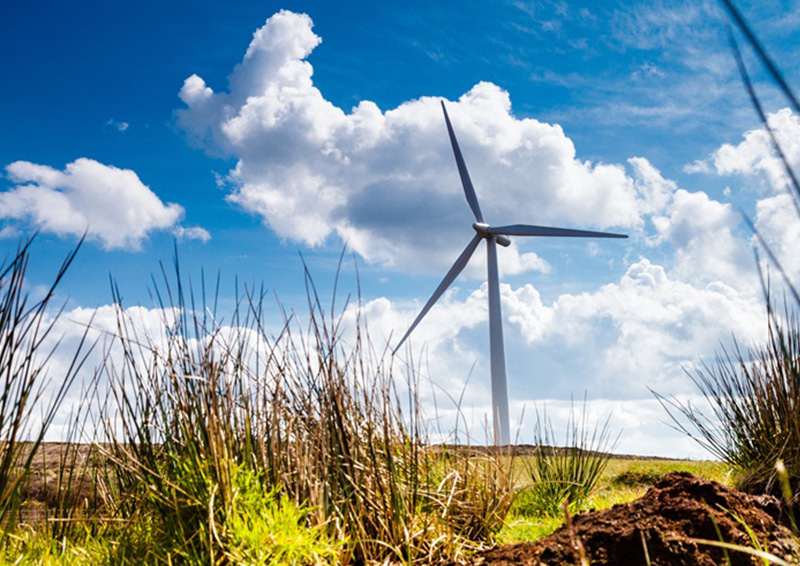
A deep delve into the rich history, the varied geography and climate. And the buzzing cities of Odisha.

Odisha, as the name now stands has had different names in different periods: Kalinga, Utkal or Odradesha. Its history dating back to more than two thousand years, speaks of its rise and fall and the ultimate rise to become a cultural trove of India.
Kalinga that was mentioned in ancient texts like Mahabharata, Vayu Purana and MahagovindaSuttanta talks about the presence of Shabar tradition than Vedic ones. In 261 B.C Ashoka, the Great invaded Kalinga but unnerved by the terrible bloodshed on the banks of the river Daya, embraced Buddhism and preached peace and goodwill for the rest of his life. Thus Kalinga started getting influenced by Buddhist religion and traditions. The Kalingan Empire reached the pinnacle of glory during the reign of Emperor Kharavela who even pursued the Greek King Demetrius out of India. The inscriptions on HatiGumpha (Elephant Cave) on the Udayagiri Hill in Bhubaneswar record the story of his reign. Sometime during the end of the 8th century saw the emergence of Jajpur-on-Baitarani as an epicentre of Brahminical religion. Thus Buddhism and Jainism took a back seat for Hinduism.
Trading had started as early as the 4th and 5th centuries B.C., when the Sadhabs(Odiaseafaring merchants) went to the islands of Java, Sumatra, Borneo and Bali with their merchandise. However, all throughout the Ashokan rule and thereafter, Kalinga maintained its trade links with overseas countries during the first three centuries of the Christian era but the kingdom itself was divided into a number of principalities.
Orissa started changing hands from Emporer Kharavela to Monarchs like Samudragupta, Kings of Somavamsi dynasty and finally shifting into the rules of Mughals in 1568 A.D. Subsequently, Odisha came under the Moghuls and the Marathas and finally in 1803 A.D., under the British. Odisha formed a part of greater Bengal but didnt lose its own separate cultural identity. The political capital shifted to Patna when the state of Bihar-Odisha was carved out of Bengal. Odisha became a separate province in 1936 A.D. with Cuttack as its capital. The new capital was built in Bhubaneswar after independence. However, the state took its present shape only in 1949 with the merger of 27 princely states.

The modern state of Odisha is located between 170-48 and 220-34 North latitude and 810-24 and 870-29 East longitude. The State is bounded by the bay in the east, West Bengal in the north-east, Bihar in the north, Madhya Pradesh in the west and Andhra Pradesh in the south.
The territory may be divided into four distinct geographical regions : the Eastern Plateau, the Central River Basin, the Eastern Hill Region and the Coastal Belt.
The entire territory lies in the tropical zone as a result of which high temperature is recorded particularly during April-May. However, the sea exercises a moderating influence over the climate of the coastal belt whereas the hill tracts experience an extreme climate. For all practical purposes, the state experiences four major seasons: Winter (December to February), Summer (April to May), South-west monsoon (June to September) and North east monsoon (October–November).
The state is drained by six important rivers: the Subarnarekha, the Budhabalanga, the Baitarani, the Brahmani, the Mahanadi and the Rusikulya. The rich mineral belts lie in the western and north-western parts of the state covering an area of 155,707 sq.km.